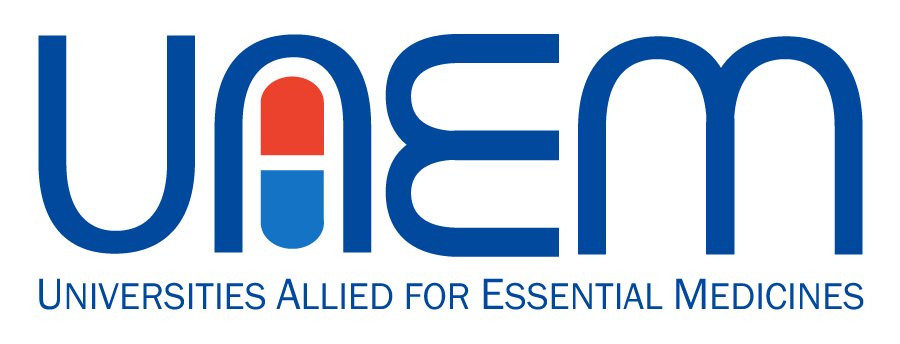Equitable Technology Access Framework
GOALS
Improve global equitable access: Equitable access refers to the global availability and affordability of health technologies and should be the primary purpose of technology transfer. Maximising equitable access includes both promoting the availability of health technologies while protecting affordability.
Promote further development of health technologies: Technology transfer should promote and further development of the health technology, while ensuring that intellectual property does not act as a barrier to further research. Therefore, intellectual property must be managed in a way that is conducive to the dissemination and sharing of knowledge and the benefits of scientific progress.
Improve transparency of health technology transfer: Technology transfer agreements, the nature of technology transfer negotiations, and the patent status of health technologies should be transparent to ensure effective evaluation of the PFRI’s strategies. In addition, all funding sources and amounts should be made public.
Principles
Social responsibility to the public: As publicly and charitably funded bodies, PFRIs have a responsibility to act in the interest and to the benefit of the public. Throughout the entire research and technology transfer processes the primary objective must be to ensure a return on public investment by maximising availability, accessibility and affordability to the health technology.
Limit monopolies: Monopolies are an important barrier to facilitating affordable access to health technologies in all countries. Therefore, such barriers should be reduced to allow for competition. Issuing non-exclusive licenses is one way to achieve this.
Retain IP rights: Publicly funded research institutions should, wherever possible, retain intellectual property (IP) rights as this maximises their influence over the management of health technologies.
Include step-in rights: Step-in rights are a necessary tool to ensure affordable access to health technologies. They should therefore be included in all agreements involving the transfer of health technologies and should be actively enforced if the default strategies taken to promote access are found to be ineffective.
Include reach-through clauses: All technology transfer agreements should feature "reach through" clauses. These ensure that future utilisations of transferred technologies are subject to the same access protections conveyed by the original transfer agreements.
Limit data and market exclusivities: Publicly funded research institutions (PFRIs) should always waive market and/or data exclusivities in jurisdictions where this is possible, and should refrain from applying for further extensions to market and data protections. PFRIs should mandate that subsequent patent owners or licensees honour this same principle.
Commit to full sharing of all data and research findings: Publicly funded research institutions should commit to full sharing of all data and research findings to promote further research and scientific progress. This includes the publishing of all clinical trials regardless of its outcome or completion.
Ensure full transparency of all public funding sources and amounts: Publicly funded research institutions should commit to ensure transparency of all public funding sources and amounts for the entire research and development process of a health technology and commit to ensuring the same disclosure from the end producers.
Implement robust accountability and transparency mechanisms: publicly funded research institutions should implement robust accountability and transparency mechanisms. It should commit to continuous evaluation of the success of the strategies applied in achieving sustainable affordable access to the health technology.
Technology Transfer Modalities
Licensing: A publicly funded research institution, as owner of a health technology intellectual property (IP) (the licensor), allows another entity (the licensee) to use, modify, and/or resell the IP in exchange for a compensation.
Spin-off company: An entity that is set up by a publicly funded research institution (PFRI), or any faculty members, staff, and students affiliated with the PFRI, in order to further develop a health technology.
Product Development Partnership (PDP): A publicly funded research institution (PFRI) enters into a partnership with a private entity, public entity, or another PFRI to jointly develop a health technology.
Commissioned research: A publicly funded research institution (PFRI) is being commissioned by a third party to conduct research.
NOTE: For more detailed background and citations explaining these principles, please download the full PDF version of the Equitable Technology Access Framework.
